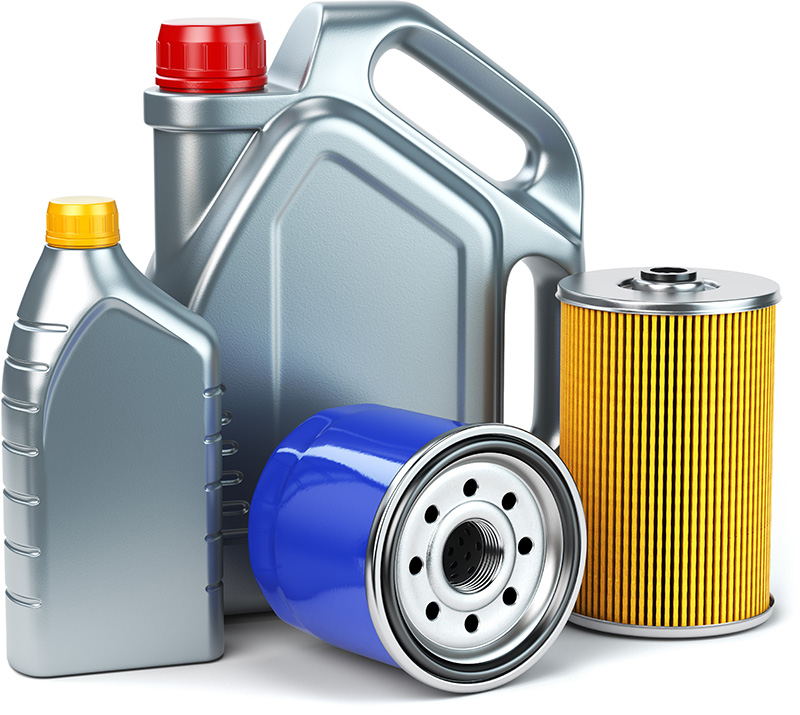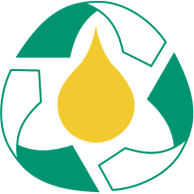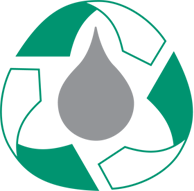The UOMA industry-led stewardship program model works environmentally, economically and socio-economically.
Automotive waste, potentially hazardous if not properly managed, is kept out of our air, land and water. Valuable, non-renewable resources continue to be recovered, recycled and reused across the country.

Inter-provincial cooperation of the provincial Used Oil Management Associations (UOMA) is formalized through the National Used Oil Material and Antifreeze Advisory Council (NUOMAAC) which coordinates the Canadian used oil and antifreeze materials recycling effort and encourages national standards. The waste streams include used oil, used oil filters, used antifreeze, used plastic oil/antifreeze/DEF containers and pails, and aerosol cans. For EHC applicable products designated by each province or territory for recycling, click here.
HOW WE WORK TOGETHER
UOMA Canada participant organizations work toward enhancing the effectiveness of each participant’s program through the sharing of information, expertise and resources. They are committed to strong partnerships, enhancing value for its participants, aiming for a cleaner environment and creating a sustainable, positive value for end-of-life products managed by the different participants. Find out more in this Guidance Document.
How It Works
Under the program, a network of return collection points is established. The program is funded not by a government tax, but by an Environmental Handling Charge (EHC) remitted by all retailers, wholesalers or first sellers on lubricating products including filters, antifreeze and plastic containers. The EHC is remitted to the association(s) in the province(s) or territory in which the company does business.
A Return Incentive (RI) is then paid to private sector collectors and processors to pick-up and deliver to government approved recycling facilities where the materials are processed into new products.
Representatives of the UOMA programs including staff, Board Chairs and other stakeholders meet regularly to review programs and best practices.
Our History
Results
Since program inception, millions of litres of used oil and antifreeze and kilograms of plastic containers, and millions of filters have been collected, recycled and reused through this program. None of the material collected goes to landfills. In most provinces, used oil is not spread on roads.
The waste streams include used oil, used oil filters, used antifreeze, used plastic oil/antifreeze/DEF containers and pails, and aerosol cans.


